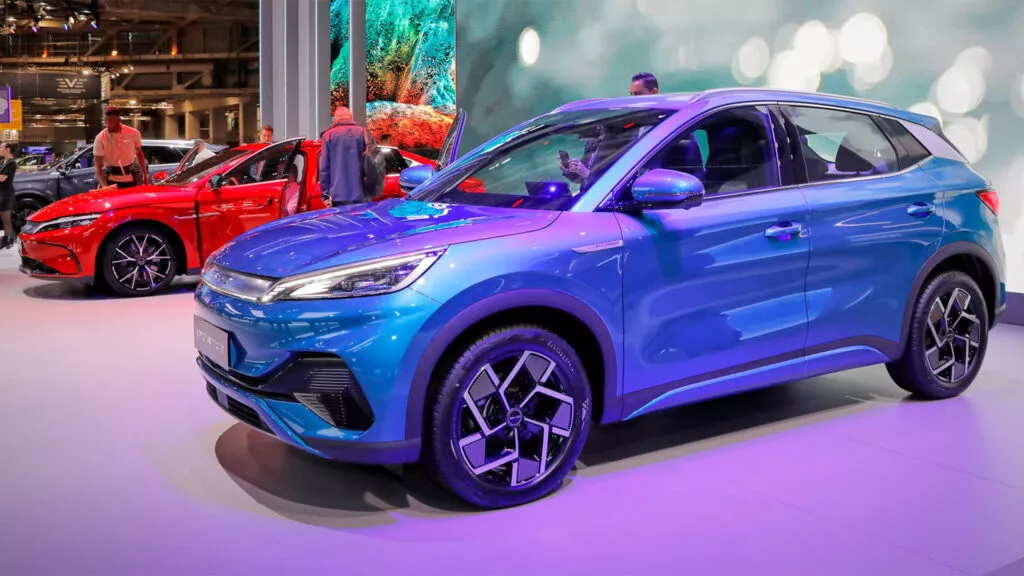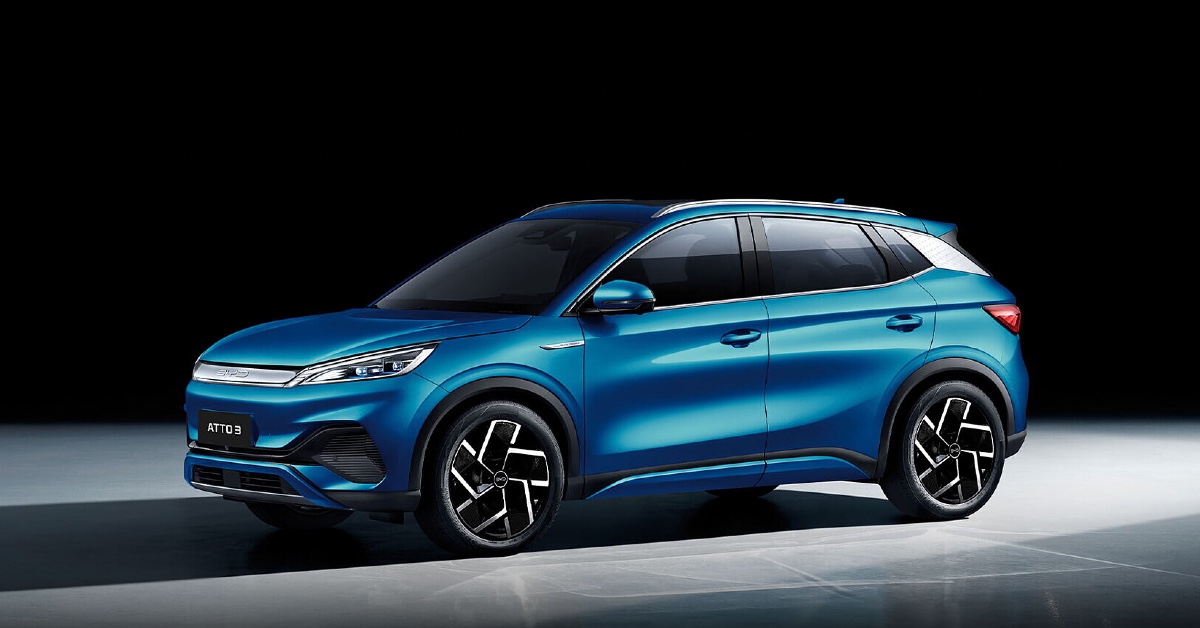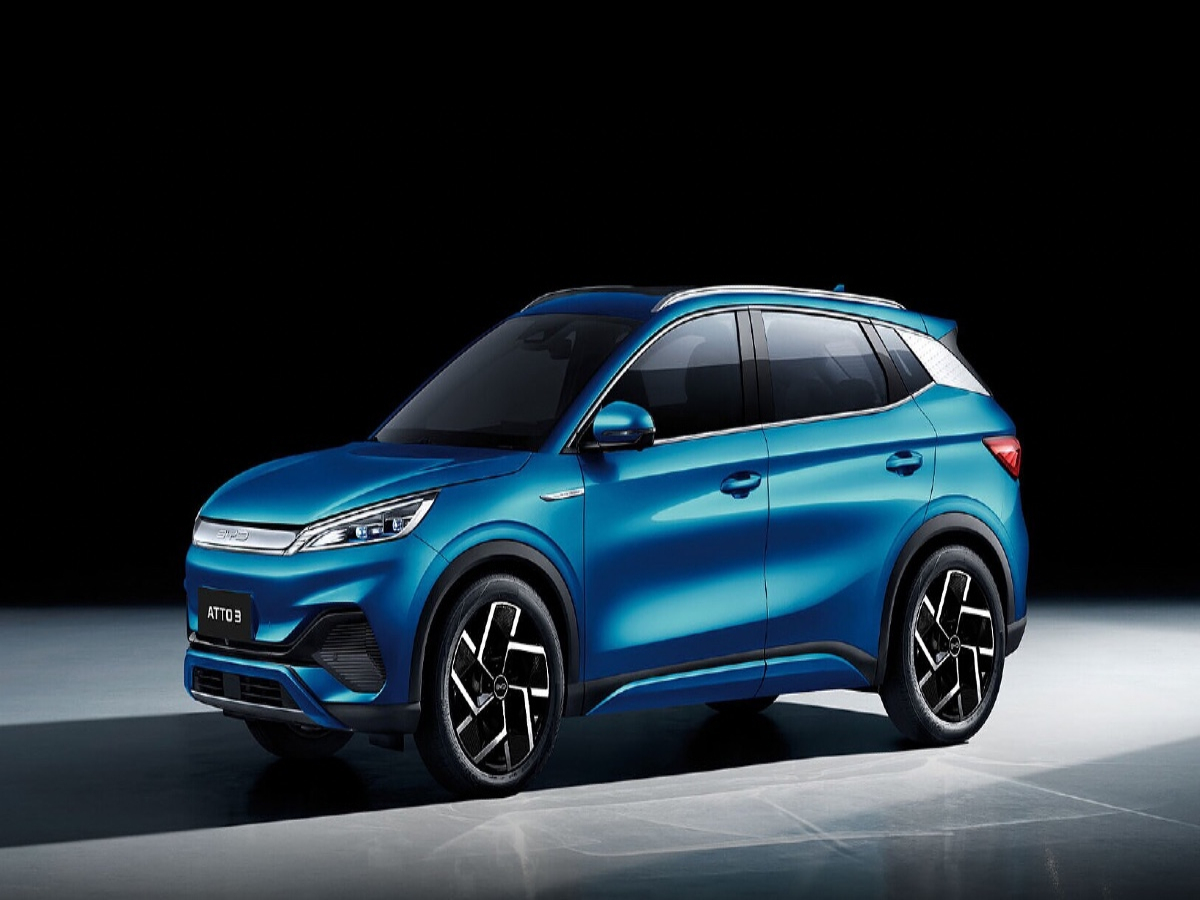The Indian government has recently turned down a proposal from Chinese car manufacturer BYD to establish a $1 billion manufacturing facility in Hyderabad, with a primary focus on producing SUVs. BYD intended to collaborate with local company Megha Engineering and Infrastructures for this venture, presenting a proposal earlier this month. The proposed factory aimed to manufacture 10,000 to 15,000 electric vehicles annually, with Megha Engineering providing capital and BYD contributing its expertise and technology. The companies also planned to set up charging stations, research and development centers, and training facilities across the country.

India’s Rejection and Security Concerns
Despite the ambitious plans put forward by BYD and Megha Engineering, India’s Department of Commerce and Department for Promotion of Industry and Internal Trade (DPIIT) decided to reject the proposal. The rejection came after security concerns were raised about Chinese investments in India during the deliberations. Since April 2020, India has implemented a change in its foreign direct investment policy, making government approval mandatory for investments from countries that share a land border with India.
BYD’s Thriving Business in China
While the rejection may have disappointed BYD, the Chinese car manufacturer continues to thrive in its home market. Recent reports revealed that BYD sold an impressive 1,255,637 plug-in hybrid and battery-electric vehicles in the first half of 2023, representing a remarkable 95.78% increase compared to the previous year. In the second quarter alone, BYD achieved substantial sales, with a total of 700,244 vehicles sold. Of these, 352,162 were battery-electric vehicles, and the remaining 348,081 were plug-in hybrids. With a target of selling 3 million new cars this year, BYD remains steadfast in its focus on Chinese car production and sales.

Conclusion
The rejection of BYD’s proposal for a $1 billion car manufacturing facility in Hyderabad highlights the evolving dynamics of foreign investments in India, particularly from countries sharing a land border. While BYD may have faced disappointment, its thriving business in China continues to demonstrate its position as a prominent player in the global electric vehicle market. As the automotive industry evolves, both BYD and the Indian government must navigate the complexities of international investments while fostering opportunities for sustainable growth in their respective markets.

